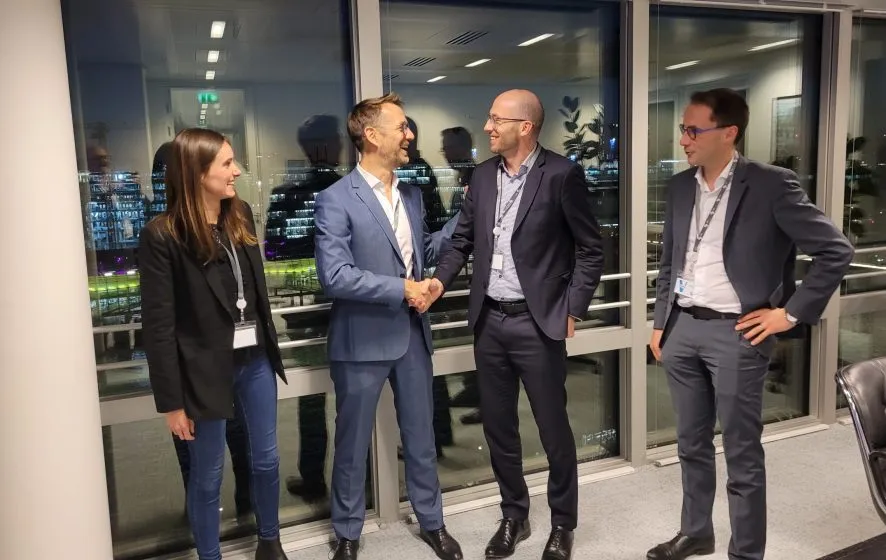
Filtrer par :
292 News
-
Actualités
24/12/2025
La gare Villejuif – Gustave Roussy lauréate du Prix Versailles 2025 des plus belles gares du monde
Voir -
Publications
10/12/2025
Index de l’égalité professionnelle femmes-hommes de setec as
-
Publications
02/12/2025
Mag setec 45 – Management de projets – La force du modèle setec au service de la réussite de tous les projets
-
Publications
02/12/2025
Mag setec 44 – Entretenir et valoriser l’existant, concevoir le patrimoine de demain
-
Événements
01/12/2025
Seanergy – le 19 et 20 mai à Nantes
Voir -
Actualités
28/11/2025
setec renforce son offre de management de projet avec l’acquisition de Kasadenn
Voir -
Événements
17/11/2025
Mobco – du 9 au 11 juin 2026 à Paris
Voir -
Publications
29/10/2025
Mag setec 43 – Une ingénierie engagée pour les transports et la mobilité de demain
-
Publications
29/10/2025
Plaquette RNTP 2025
-
Actualités
24/10/2025
setec ferrom : l’ingénierie de maintenance ferroviaire fait son entrée chez setec
Voir
- 1

